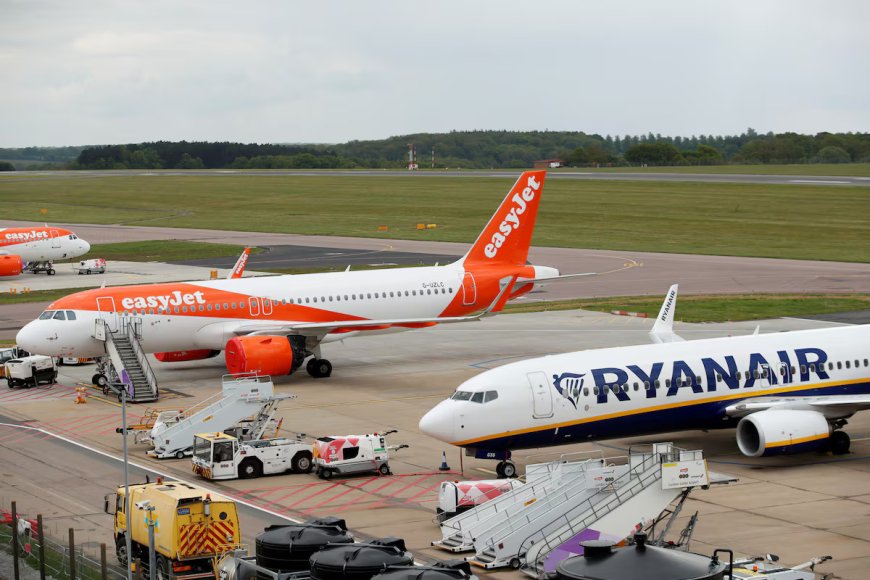U.S. President Donald Trump, who once called the WTO "the single worst trade deal ever made," appears to prefer bilateral deals over broad alliances from trade to security, and "multilateralism" is one of the biggest bugbears of his America First philosophy.
Lobbying was intense from all quarters but industry sources highlighted a discreet but influential role played by GE Aerospace CEO Larry Culp.
Culp told Reuters in April he had advocated re-establishing the tariff-free regime for the aerospace industry during a meeting with Trump at the White House.
He said the position was "understood" by the administration, stressing that the zero-duty regime had helped the U.S. aerospace industry reach a $75 billion annual trade surplus.
Industry officials also argued aerospace was interconnected and that U.S. tariffs would not favour Boeing at the expense of its European rival Airbus, but merely hurt everyone.
GE did not have any immediate comment on the new deal.
In May, Trump reached a trade accord with Britain that tested the ground by restoring duty-free trading in jet engines.
'TEMPLATE' FOR TALKS
After the US-UK trade deal, aerospace industry officials urged the White House to use it as a template for future trade negotiations. GE's Culp and Delta Air Lines , CEO Ed Bastian mentioned the deal as a template to follow.
On Monday, Delta hailed the EU trade deal for preserving "a zero-tariff environment" on aircraft and component parts. The U.S. airline said the trade agreement would "help protect and continue to grow the role of air travel as a driver of U.S. economic growth, innovation, and high-quality jobs."
The agreement stops short of restoring the whole 1979 agreement and focuses on the largest aerospace markets.
Boeing typically delivers 17% of its jets to Europe while Airbus delivers some 12% to the United States, some of which are assembled locally, according to Boeing and Cirium data.
But Europe and the U.S. are each other's largest market for aircraft components, according to French industry lobby Gifas.
Although the agreement relieves one significant source of pressure, there are concerns that Boeing, Airbus and their suppliers could still be caught up indirectly in trade tensions between Washington and China, as they seek to do business there.
Aerospace companies are also awaiting findings from an ongoing U.S. trade investigation into aerospace.
In May, the U.S. Commerce Department launched a "Section 232" national security investigation into imports of commercial aircraft, jet engines and parts that could form the basis for tariffs or quotas.
U.S. airlines who met the department say much of the focus has been on China and concerns over potential further disruption to key supplies, on top of rare earths and magnets.
It could also be used to impose new tariffs on Brazil, home to Embraer for whose regional jets there are few alternatives.
U.S. carriers currently face 50% tariffs on imports of the jets, which Embraer says could add $9 million per plane. Alaska Air
, which is scheduled to receive three jets from the Brazilian planemaker early next year, said last week it could even consider
deferring the aircraft deliveries.
(Source:Reuters)

